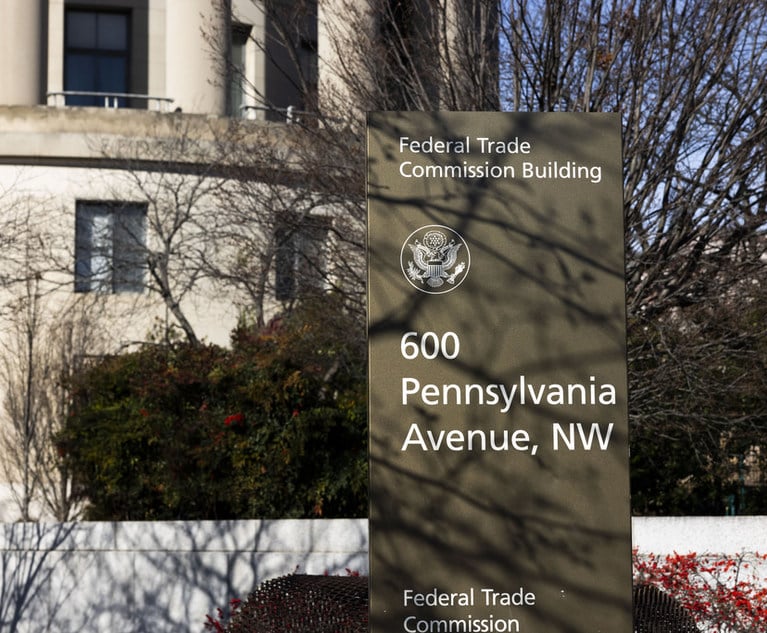NU Online News Service, Nov. 2, 2:00 p.m.EDT
|The U.S. solvency regime is expected to achieve equivalence withthe European Union's Solvency II requirements, Fitch Ratings saysin a recent comment.
|"The US has a long-standing, risk-based solvency regime," Fitchsays. "If it is seen to give policyholders the same protection asSolvency II, despite fundamental differences in the underlyingmethodologies, we expect this to result in equivalence recognitionfrom the EU."
|Last week, the European Insurance and Occupational PensionsAuthority (EIOPA) published its final advice to the EuropeanCommission regarding its assessment of the Solvency II equivalenceof supervisory systems in Switzerland, Bermuda and Japan. EIOPAfinds that that Switzerland and Japan meet the criteria set out inequivalent assessments, with some caveats, as does Bermuda forcertain categories of insurers.
|The U.S. was not included in this first assessment, but Fitchsays it believes the U.S. will likely be covered by transitionalmeasures for a limited time, if necessary.
|"Equivalence would be mutually beneficial for both markets,"says Fitch, noting that without equivalence, European insurers andreinsurers with US operations would face the same capitalrequirements in the U.S. as locally-owned companies, in addition tothe extra capital requirements of Solvency II.
|For the U.S. insurance market, Fitch says it benefits fromequivalence through the capital and investment that Europeancompanies bring via their U.S. subsidiaries.
|Fitch notes that losers in this scenario are likely to beU.S.-based competitors of EU-owned subsidiaries that wouldotherwise have benefited from reduced competition and possibleacquisitions as well as EU reinsurers that may have picked up extrabusiness.
|Beneficiaries of regulatory equivalence, Fitch adds, areEuropean companies that have large subsidiaries regulated in theU.S., U.S. companies selling reinsurance to EU companies, and U.S.groups with subsidiaries in Europe.
|Contributing to the likelihood of an agreement on equivalence,Fitch says it sees as a positive sign the movement by some U.S.states to drop "harsh collateral requirements" on reinsurancewritten in the U.S. by European companies.
|Fitch says if there is no ruling on U.S. equivalence by theEuropean Commission, then each EU member country can make its owndetermination.
Want to continue reading?
Become a Free PropertyCasualty360 Digital Reader
Your access to unlimited PropertyCasualty360 content isn’t changing.
Once you are an ALM digital member, you’ll receive:
- All PropertyCasualty360.com news coverage, best practices, and in-depth analysis.
- Educational webcasts, resources from industry leaders, and informative newsletters.
- Other award-winning websites including BenefitsPRO.com and ThinkAdvisor.com.
Already have an account? Sign In
© 2024 ALM Global, LLC, All Rights Reserved. Request academic re-use from www.copyright.com. All other uses, submit a request to [email protected]. For more information visit Asset & Logo Licensing.








